Lost learning: does the post-pandemic education plan go far enough?
Extra £1.4bn added to government education recovery fund – but experts say much more will be needed
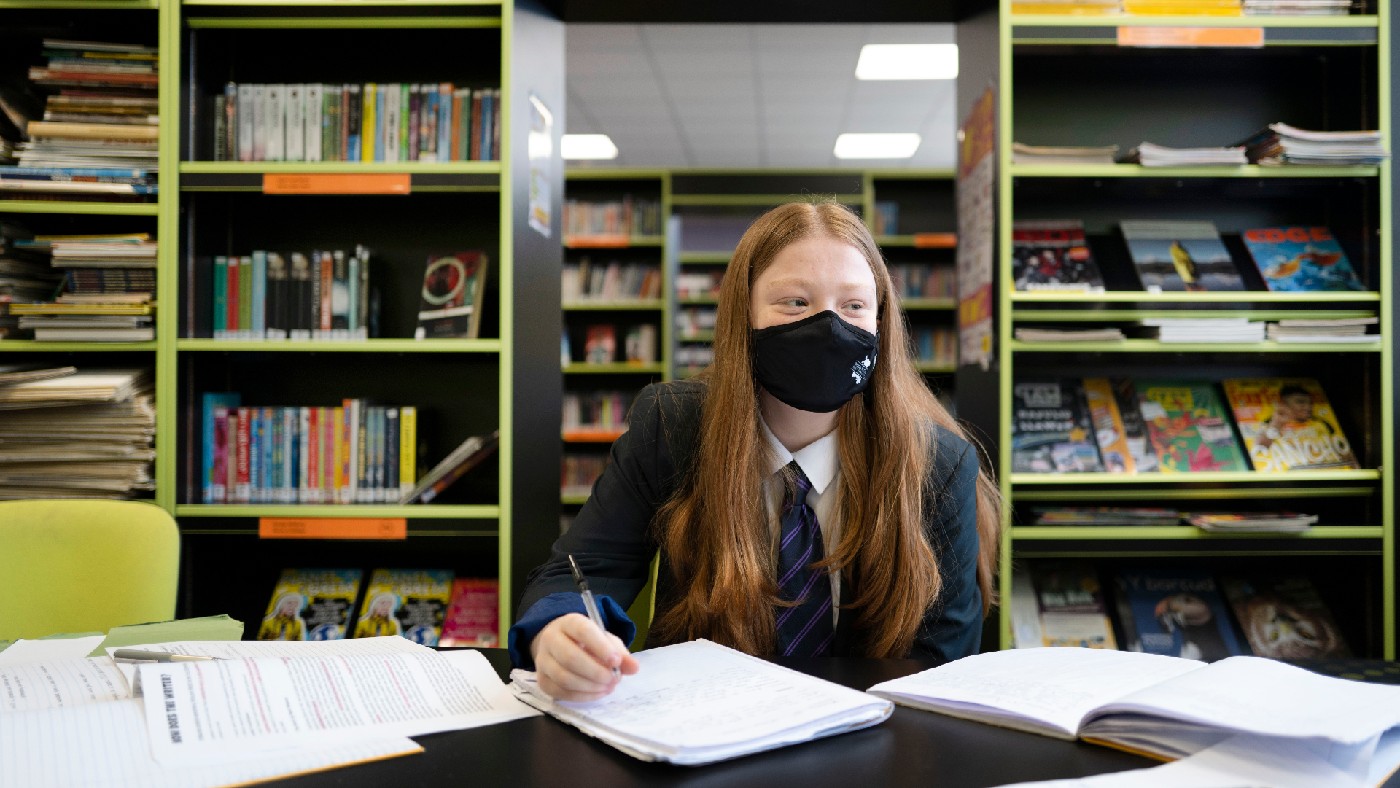
A free daily email with the biggest news stories of the day – and the best features from TheWeek.com
You are now subscribed
Your newsletter sign-up was successful
The government is planning to spend an extra £1.4bn on education over three years, to help children and young people across England to catch up after falling behind during the pandemic.
The plan – which takes the government’s total catch-up funding to date to £3.1bn – includes 100 million hours of free tuition for disadvantaged pupils and extra training for teachers and early-years staff.
Plans to add 30 minutes to the school day, first reported by The Times on 1 June, following a leaked presentation of a report, have not yet been confirmed but were not included in the £1.4bn top-up initiatives.
The Week
Escape your echo chamber. Get the facts behind the news, plus analysis from multiple perspectives.

Sign up for The Week's Free Newsletters
From our morning news briefing to a weekly Good News Newsletter, get the best of The Week delivered directly to your inbox.
From our morning news briefing to a weekly Good News Newsletter, get the best of The Week delivered directly to your inbox.
In her final speech as England's children's commissioner earlier this year, Anne Longfield spoke of the harm this time out of school has caused students. “We must be honest about the scale of the challenge and face the tough questions about the gaps that we know exist. How many children are in families that are struggling to support them; how many are starting school so far behind they’ll never catch up; how many children with mental health needs or special education needs aren’t getting the help they should be?” she asked.
A recent report, which assessed more than 6,000 primary schools representing 1.47 million pupils, found that it is the youngest students whose learning has been worst affected by the pandemic. Disadvantaged pupils have also been disproportionately affected; the report found that by summer 2020, just 43% of primary-years disadvantaged pupils had met age-related expectations for reading compared to 63% of non-disadvantaged groups.
Education experts and campaigners have insisted that the extra funding is not enough to help children catch up on more than a year of disrupted schooling. Geoff Barton, General Secretary of the Association of School and College Leaders, described the news of the top-up as a “hugely disappointing announcement which lets down the nation’s children and schools at a time when the government needed to step up and demonstrate its commitment to education”.
Bill Watkin, chief executive of the Sixth Form Colleges Association, described the amount as falling “well short of the comprehensive package of support that is required to ensure that no young person is left behind by Covid”, the global education company Tes reports.
A free daily email with the biggest news stories of the day – and the best features from TheWeek.com
Even the government’s own education recovery commissioner, Sir Kevan Collins, has warned that “more will be needed to meet the scale of the challenge”, The Guardian reports. Collins is believed to have recommended a spend of £15bn on education in February – about five times higher than the government’s proposed total spend.
Appearing on Sky News today, Education Secretary Gavin Williamson defended the budget. “We are building up a whole set of interventions including the £1.7 billion which has already been committed, complemented by the £1.4 billion,” he said. “These are all measures which are going to have a direct impact on children and the amount of tutoring that children are going to get.”

But, he added, “we recognise that there is more work to be done and this is part of a process, which is why we’re launching the review into how best we can support children in terms of their schooling”.
Kate Samuelson is The Week's former newsletter editor. She was also a regular guest on award-winning podcast The Week Unwrapped. Kate's career as a journalist began on the MailOnline graduate training scheme, which involved stints as a reporter at the South West News Service's office in Cambridge and the Liverpool Echo. She moved from MailOnline to Time magazine's satellite office in London, where she covered current affairs and culture for both the print mag and website. Before joining The Week, Kate worked at ActionAid UK, where she led the planning and delivery of all content gathering trips, from Bangladesh to Brazil. She is passionate about women's rights and using her skills as a journalist to highlight underrepresented communities. Alongside her staff roles, Kate has written for various magazines and newspapers including Stylist, Metro.co.uk, The Guardian and the i news site. She is also the founder and editor of Cheapskate London, an award-winning weekly newsletter that curates the best free events with the aim of making the capital more accessible.
-
 The environmental cost of GLP-1s
The environmental cost of GLP-1sThe explainer Producing the drugs is a dirty process
-
 Nuuk becomes ground zero for Greenland’s diplomatic straits
Nuuk becomes ground zero for Greenland’s diplomatic straitsIN THE SPOTLIGHT A flurry of new consular activity in Nuuk shows how important Greenland has become to Europeans’ anxiety about American imperialism
-
 ‘This is something that happens all too often’
‘This is something that happens all too often’Instant Opinion Opinion, comment and editorials of the day
-
 Is academic freedom in peril?
Is academic freedom in peril?Today's Big Question Faculty punishments are on the rise
-
 Why are so many colleges closing?
Why are so many colleges closing?Today's Big Question 'Enrollment cliffs' and higher tuition both play a role
-
 Can British universities keep up with global rivals?
Can British universities keep up with global rivals?Today's big question UK is losing ground to competitors, with China edging up the rankings
-
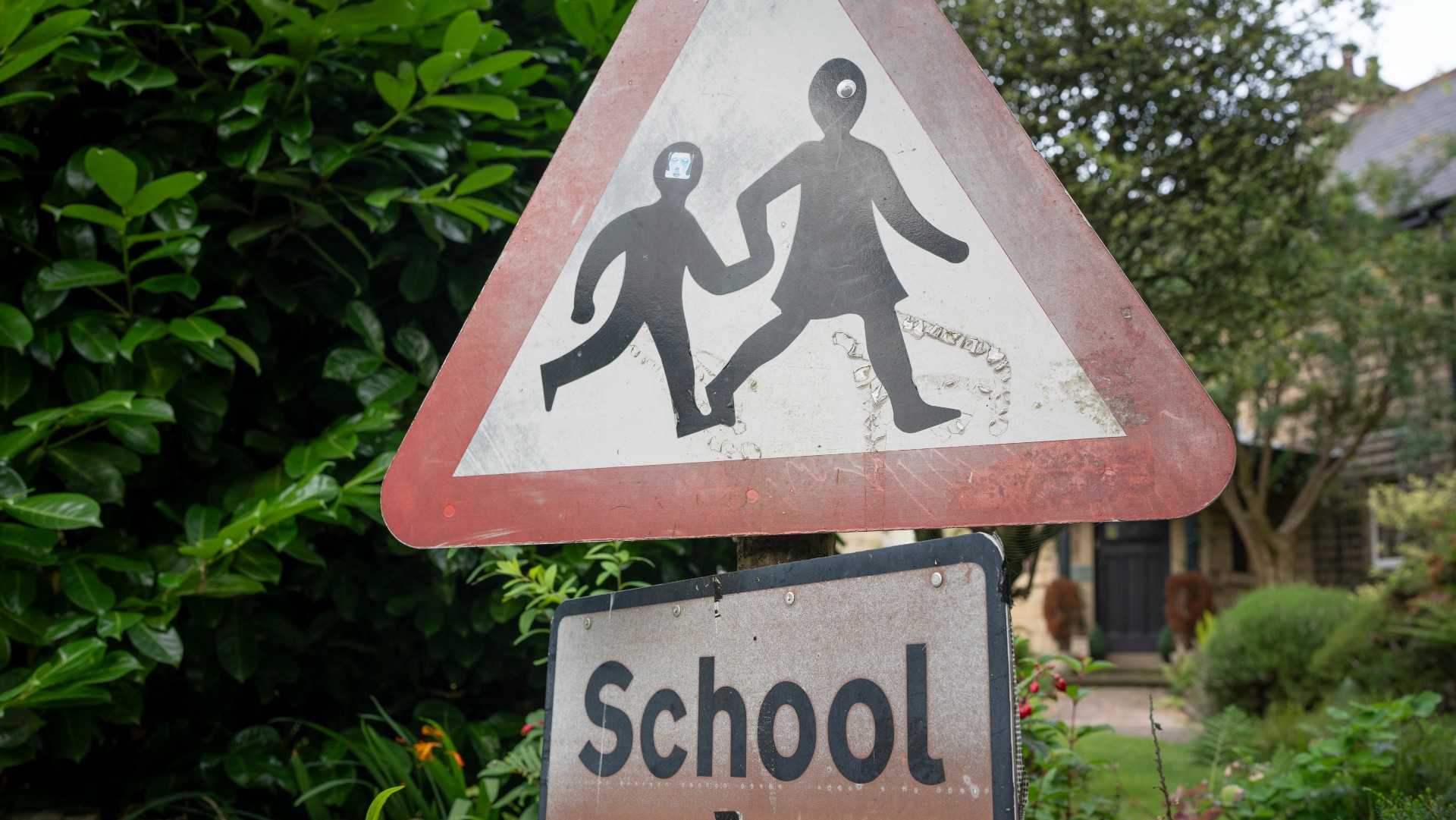 Can England fix its crumbling schools?
Can England fix its crumbling schools?Today's Big Question Government hurriedly orders school closures, relocations and urgent repairs due to fears over unsafe concrete
-
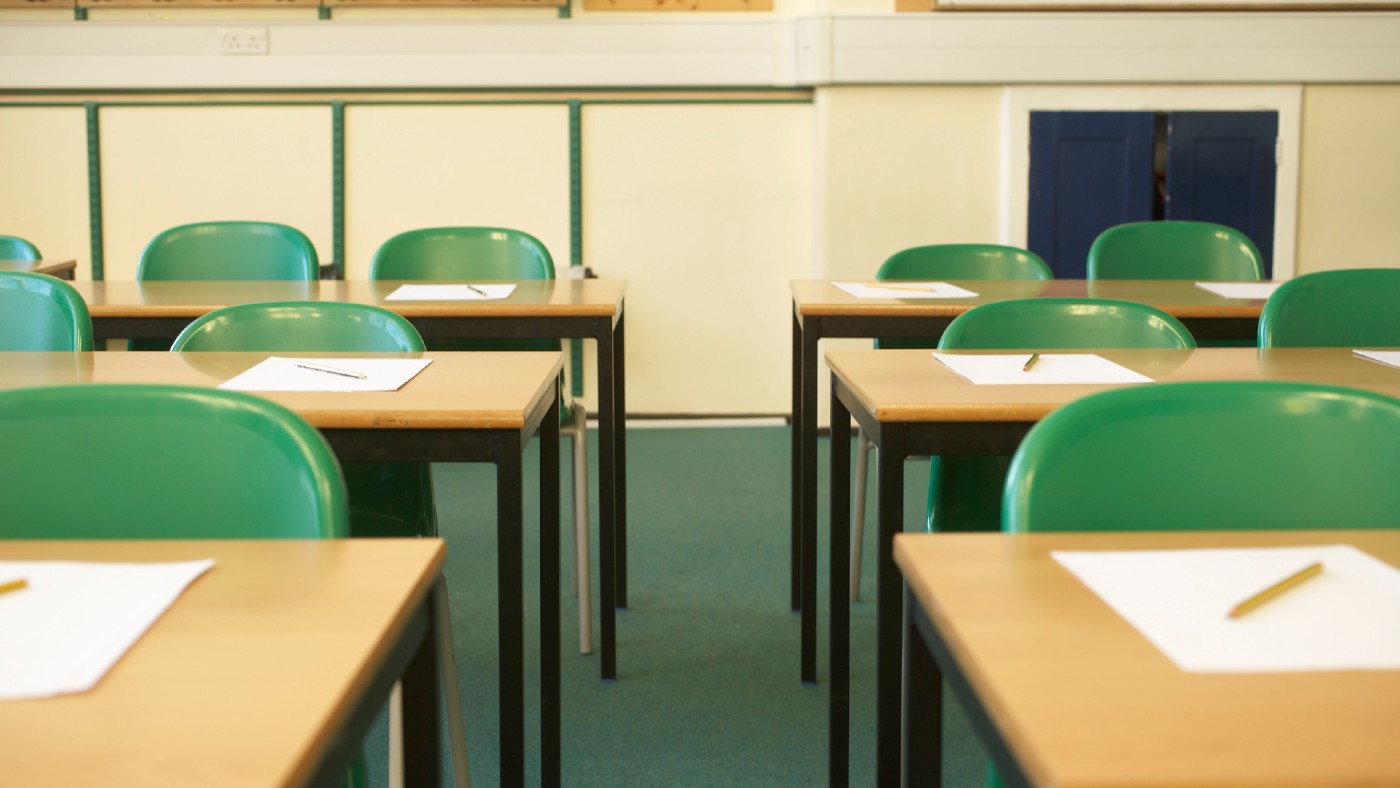 Teachers’ strike: testing the limit of public sympathy?
Teachers’ strike: testing the limit of public sympathy?Today's Big Question Confirmation of industrial action at schools from next month will have left families in state of ‘despair’
-
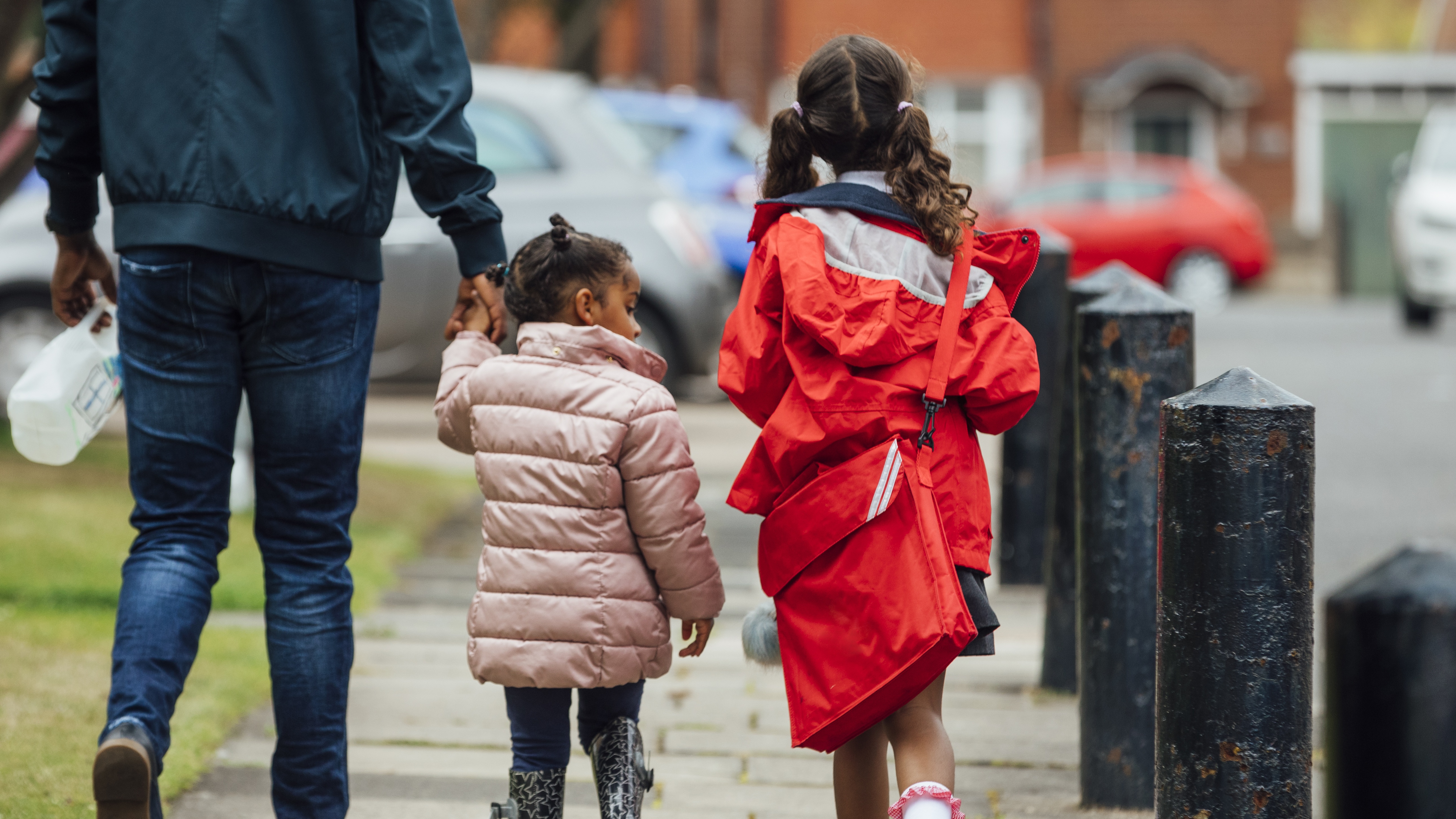 Are Covid infections in schools holding back the national recovery?
Are Covid infections in schools holding back the national recovery?Today's Big Question Rising case numbers in children and people aged 65 and over could lead to more hospitalisations
-
 Are too many people going to university in the UK?
Are too many people going to university in the UK?Today's Big Question Ministers urge school-leavers to consider alternative paths
-
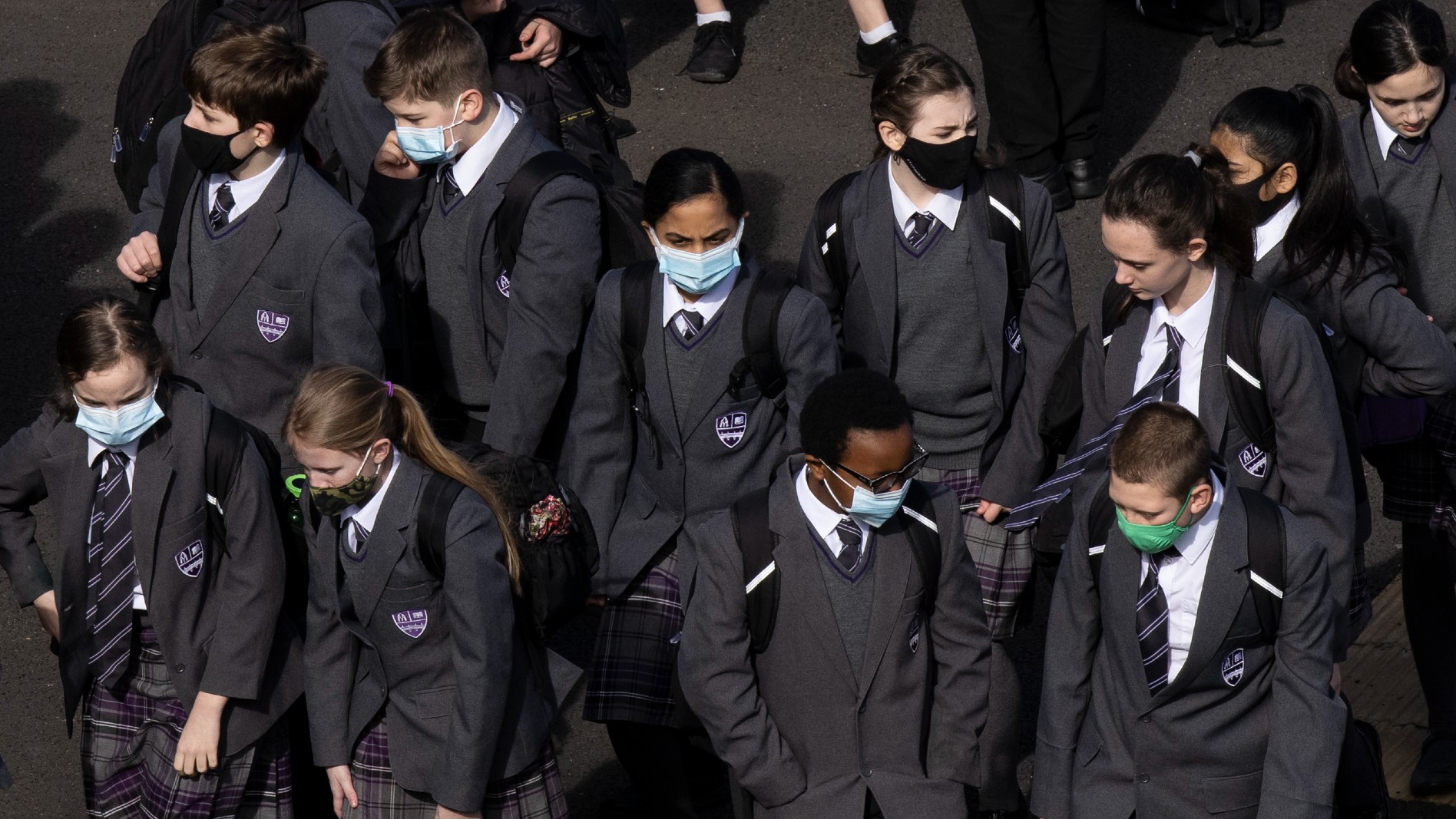 Is it time to end Covid isolation for schoolchildren?
Is it time to end Covid isolation for schoolchildren?Today's Big Question One in 20 state school pupils miss classes on a single day as result of coronavirus policy